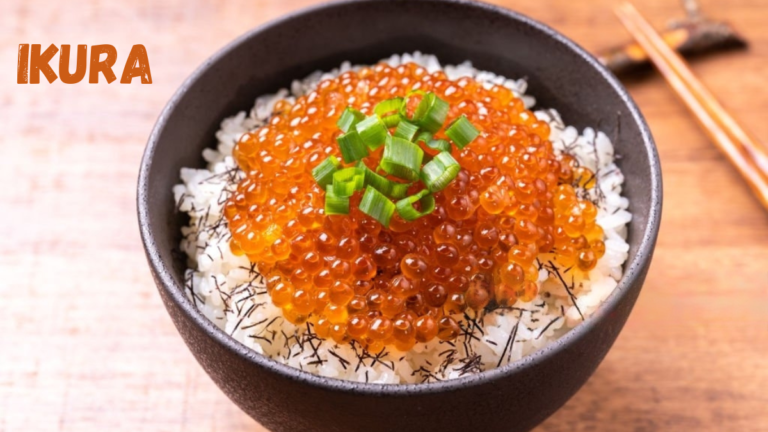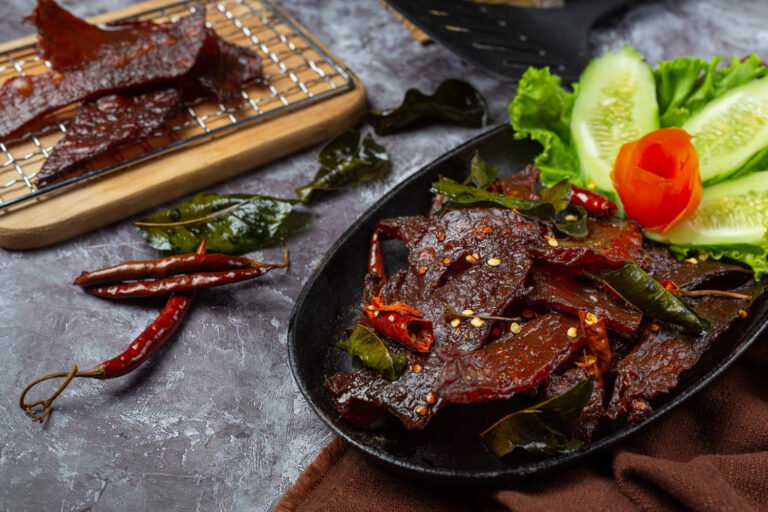Mangue 937: The Fusion of Brazilian Cultural
Introduction
Brazil, a land of vibrant colors, pulsating rhythms, and diverse cultures, embodies the essence of fusion. Among the various cultural movements that have emerged in Brazil, Mangue 937 stands out as a symbol of the country’s unique blend of traditions and modernity. This movement, born in the northeastern city of Recife, combines the rich heritage of the region with contemporary influences, creating a distinct cultural phenomenon that resonates across Brazil and beyond.
The Birth of Mangue 937
Mangue 937 emerged in the early 1990s in Recife, a city known for its cultural richness. The movement was named after the mangrove swamps (mangues) surrounding Recife, which are symbolic of both the natural environment and the resilience of the local people. The number “937” refers to the postal code of Recife, grounding the movement in its place of origin. The creators of Mangue 937 sought to challenge the cultural stagnation they perceived in the region, fusing traditional rhythms with modern sounds to create something entirely new.
The Musical Roots of Mangue 937
At the heart of Mangue 937 lies a deep connection to the musical traditions of the Northeast. The movement draws heavily from the maracatu, coco, and embolada rhythms, all of which have deep roots in Afro-Brazilian culture. These traditional sounds are then blended with elements of rock, hip-hop, and electronic music, reflecting the urbanization and globalization that Recife experienced in the late 20th century. This fusion of old and new, local and global, is what gives Mangue 937 its distinctive sound.
Key Figures in the Movement
The Mangue 937 movement was spearheaded by a group of artists, musicians, and intellectuals who were passionate about redefining Brazilian culture. Chico Science, the frontman of the band Nação Zumbi, is perhaps the most iconic figure associated with Mangue 937. His innovative approach to music, which he described as “muddy waters music,” encapsulated the spirit of the movement. Other key figures include Fred Zero Quatro of Mundo Livre S/A and the collective Movimento Mangue, which played a significant role in spreading the movement’s ideas.
The Influence of Mangue 937 on Brazilian Culture
Mangue 937 has had a profound impact on Brazilian culture, influencing not only music but also art, literature, and fashion. The movement’s emphasis on blending tradition with modernity has inspired a new generation of artists to explore their cultural heritage in innovative ways. In literature, the movement’s themes of cultural fusion and resistance have been echoed in the works of contemporary Brazilian writers. In fashion, the eclectic mix of styles associated with Mangue 937 has become a symbol of Brazilian creativity and diversity.
The Global Reach of Mangue 937
While Mangue 937 is deeply rooted in the culture of Recife, its influence has spread far beyond the borders of Brazil. The movement’s unique blend of sounds has attracted international attention, leading to collaborations with artists from around the world. Festivals celebrating Mangue 937 have been held in various countries, introducing the movement’s distinctive sound to new audiences. The global popularity of Mangue 937 highlights the universal appeal of cultural fusion and the power of music to transcend geographical boundaries.
Challenges and Criticisms
Despite its success, Mangue 937 has not been without its challenges and criticisms. Some critics argue that the movement’s emphasis on cultural fusion has led to the dilution of traditional Brazilian music. Others believe that Mangue 937’s focus on urbanization and globalization has overshadowed the struggles of the rural and indigenous communities in Brazil. However, supporters of the movement argue that Mangue 937 is a celebration of Brazil’s diverse cultural heritage and a reflection of the country’s dynamic identity.
The Legacy of Mangue 937
Today, Mangue 937 continues to influence Brazilian culture, even as new movements and trends emerge. The spirit of innovation and cultural fusion that defined Mangue 937 lives on in the works of contemporary artists who continue to push the boundaries of Brazilian music and art. The movement’s legacy is also evident in the ongoing efforts to preserve and promote the cultural traditions of Recife and the broader Northeast region.
Conclusion
Mangue 937 is more than just a musical movement; it is a symbol of Brazilian cultural fusion. By blending traditional rhythms with modern sounds, Mangue 937 has created a unique cultural phenomenon that resonates both within Brazil and around the world. The movement’s emphasis on innovation and creativity continues to inspire new generations of artists, ensuring that the essence of Mangue 937 will live on for years to come. As Brazil continues to evolve, the legacy of Mangue 937 will remain a testament to the power of cultural fusion in shaping the country’s dynamic identity.







